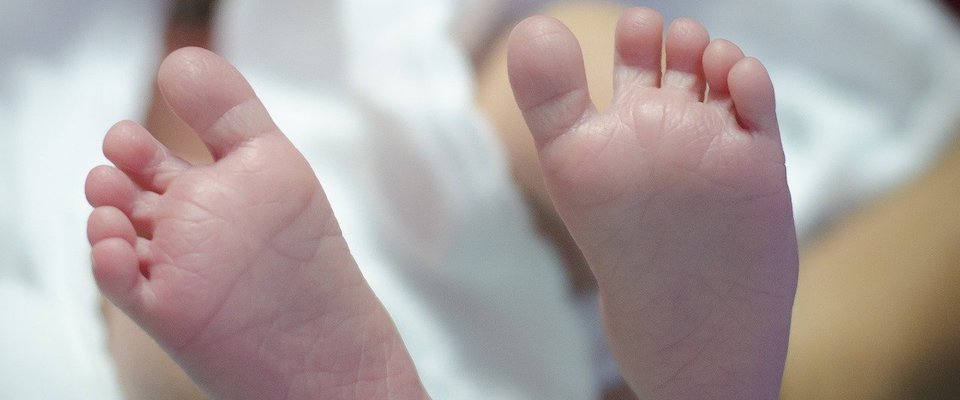For my first piece in Deseret News, I’m analyzing a line of argument in Dobbs, claiming that that the question of when life begins is beyond what government can answer. But this question isn’t uniquely the domain of religion—everyone needs to be able to furnish and defend an answer.
Where a loose consensus prevails, it is easy to imagine that we have left ethical and religious questions behind and are dealing with naked and incontestable facts. But this undersells how much philosophy and metaphysics are the foundation of our choices — even the ones that don’t feel like choices at all.
In many of the moral decisions we make, we have a strong sense of what is right, without having to appeal to first principles, religious or secular. We tend to struggle with finding the will to follow our conscience, not the initial problem of discerning what is right.
In the same way, it’s easy to catch or throw a ball without ever having studied the physics of how, exactly, the ball tumbles through the air. The physics are still real, whether or not we can rattle off the equations. But, in moral and material things, we often rely on a strong sense of what is true, without having to know why it is true.
